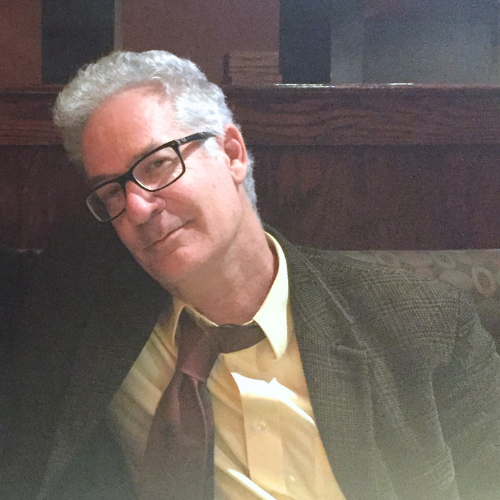Success is not a linear pathway, and the journey to a fulfilling life and career is often marked by instances in which all of us, despite our best intentions, can’t seem to get out of our own way. By his own admission, Dr. Henry Foust, Assistant Professor of Computer Science and Engineering Technology, is no different, despite his reputation as a rigorous professor and scholar. After enrolling and subsequently being asked to leave both LSU and UNO because of poor grades, he worked in the restaurant industry for several years before deciding he needed two things in his life: discipline and direction. That’s when he joined the U.S. Army, where he served from 1988 to 1991 and, upon his discharge at age 25, returned to college. The third time proved to be the charm, as his newfound grit propelled him to complete his undergraduate studies, a master’s degree from Colorado School of Mines, and into a Ph.D. program at Cornell University, which was an option, but he ultimately got his degree from Tulane University.
Foust’s journey informs his teaching philosophy, as his pedagogical approach is built around the belief that true learning and understanding, like anything worthwhile, comes from perseverance. “For me it was engineering school as an undergrad student. It was all about ‘You know what, I don’t care if I don’t understand it, I’m still going to solve it, I’m going to figure this out.’ And yes, some of the stuff I teach is difficult, but it’s important to know...I view my courses as collectives in which we’re helping each other to get through the course, but at the same time, you have to do the work to pass the class.”
The same combination of generosity and rigor applies to his scholarly work, especially his most recent publication, a monograph, “Speed of Sound and Critical Flow,” published with Springer Nature, a text that, Foust said, represents an endeavor to make the complexities of gas-liquid flows and the speed of sound through various media more accessible to students, while also providing researchers in other disciplines (seismology, material sciences, etc.) a useful reference.
Ultimately, this is what makes Dr. Foust, and the culture at UHD overall, unique, as both lie at the intersection of demanding (in the academic sense) and giving. By sharing both his intellectual work and his story, Foust serves as an example for all Gators that success can be achieved not just in engineering, but in any area of life. All it takes is a goal, resilience, and determination.

